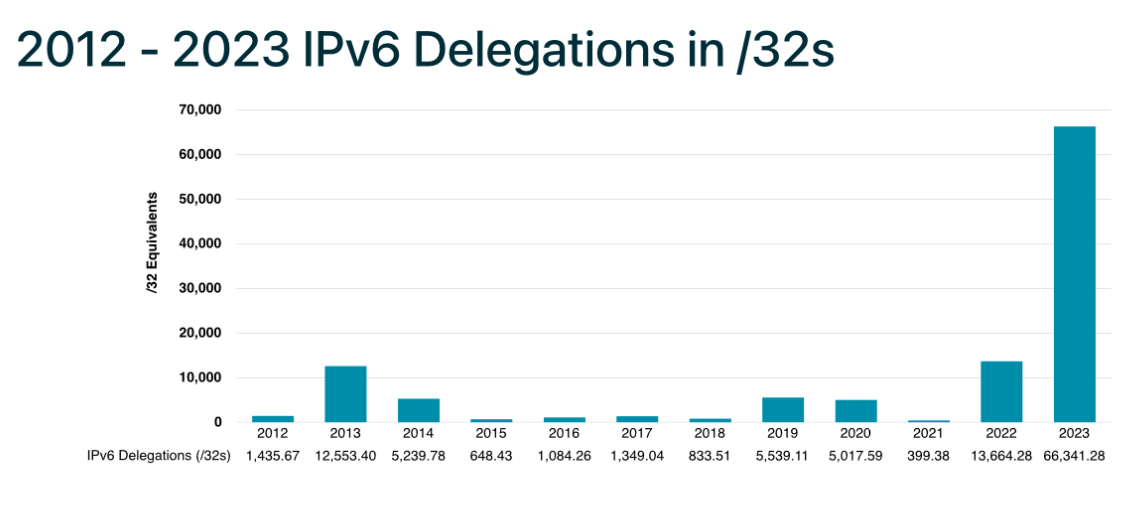this post was submitted on 26 Jun 2024
66 points (73.2% liked)
Unpopular Opinion
8216 readers
123 users here now
Welcome to the Unpopular Opinion community!
How voting works:
Vote the opposite of the norm.
If you agree that the opinion is unpopular give it an arrow up. If it's something that's widely accepted, give it an arrow down.
Guidelines:
Tag your post, if possible (not required)
- If your post is a "General" unpopular opinion, start the subject with [GENERAL].
- If it is a Lemmy-specific unpopular opinion, start it with [LEMMY].
Rules:
1. NO POLITICS
Politics is everywhere. Let's make this about [general] and [lemmy] - specific topics, and keep politics out of it.
2. Be civil.
Disagreements happen, but that doesn’t provide the right to personally attack others. No racism/sexism/bigotry. Please also refrain from gatekeeping others' opinions.
3. No bots, spam or self-promotion.
Only approved bots, which follow the guidelines for bots set by the instance, are allowed.
4. Shitposts and memes are allowed but...
Only until they prove to be a problem. They can and will be removed at moderator discretion.
5. No trolling.
This shouldn't need an explanation. If your post or comment is made just to get a rise with no real value, it will be removed. You do this too often, you will get a vacation to touch grass, away from this community for 1 or more days. Repeat offenses will result in a perma-ban.
6. Defend your opinion
This is a bit of a mix of rules 4 and 5 to help foster higher quality posts. You are expected to defend your unpopular opinion in the post body. We don't expect a whole manifesto (please, no manifestos), but you should at least provide some details as to why you hold the position you do.
Instance-wide rules always apply. https://legal.lemmy.world/tos/
founded 2 years ago
MODERATORS

